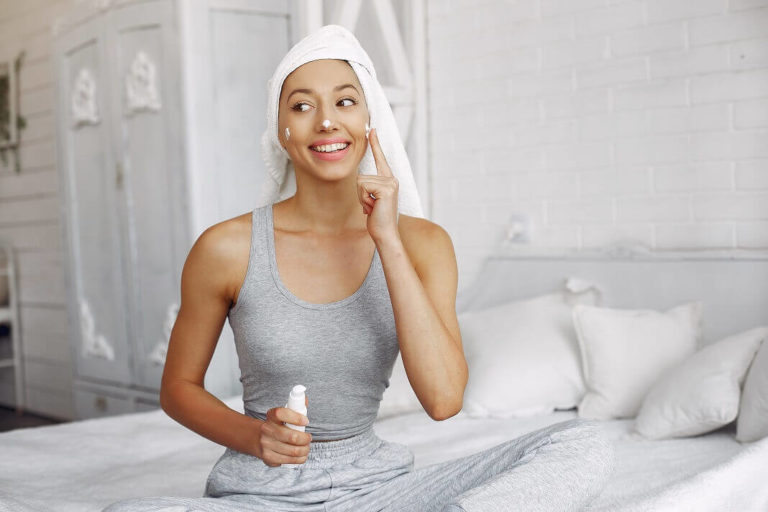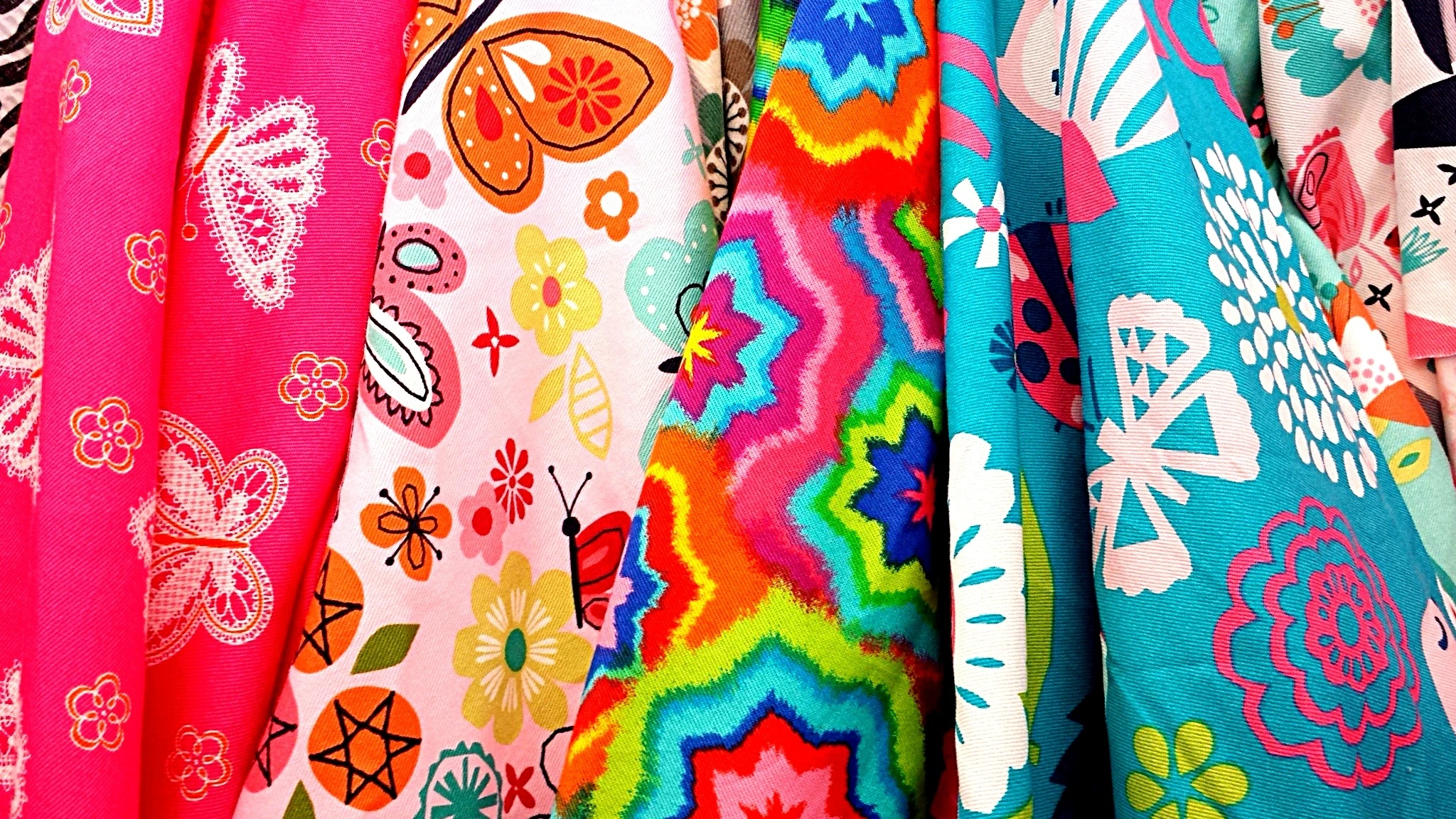10 Ingredients You Should Look For When Buying Skincare Products

There’s a growing clamor for healthier and more organic skincare options today. In response, skincare companies are constantly coming up with ‘revolutionary’ ingredients to incorporate into their new stock. But how do you distinguish the useless fads from the truly effective products?
In this regard, taking a hands-on approach and being critical of what you’re applying to your skin pays off in the long run. So rather than chasing the latest and trendiest ‘solutions’, here are 10 ingredients in skincare products that you should care about.
Table of Contents
Ingredients in Skincare Products
1. Retinol
This ingredient should be at the top of your list. Retinol is a form of Vitamin A that impressively reduces wrinkles. It’s also one of the top dermatologist-recommended ingredients for clearing up acne. Cosmopolitan warns that retinoids do tend to break down in direct sunlight(1), so it’s best to apply a high, broad-spectrum sunscreen on top of products with Vitamin A.
2. Niacinamide
This ingredient is an essential nutrient and a form of Vitamin B3. Niacinamide helps build keratin and grow the lipid barrier — helping your skin retain moisture and stay firm. Because it regulates your sebaceous glands, it also prevents oily skin. Read the labels carefully as it is sometimes written as ‘niacin’ and ‘nicotinamide.’
[ Read: 10 Ways To Keep Your Breasts Healthy ]
3.Hyaluronic Acid
Best when used with retinoids and niacinamide, hyaluronic acid helps retain skin moisture. This works best with dry or sensitive skin, as it aids in keeping it hydrated and looking supple.
4. Omega 3 fatty acids
This essential acid can be found in flax seed and fish products. Aside from promoting good heart health, Omega 3 fatty acids also nourish the skin. Creams and oils that contain Omega 3 fatty acids maintain softness and increase skin elasticity.
5. Vitamin E
According to the National Institutes of Health, Vitamin E can help slow the ageing process. Face and body creams that contain Vitamin E can also reduce scarring and the risk of gaining facial lines(2).
Asian beauty portal Pretty Me lauds Vitamin E for its anti-inflammatory properties as well as its ability to combat free radicals, or molecules that aggravate skin ageing. While Vitamin E can also be found in kale or spinach, applying it directly on your skin promotes hydration and rejuvenates the cells.
[ Read: 20 Benefits of Yoga That are Supported by Science ]
6. Biotin
Biotin, or Vitamin B7, is an essential vitamin for the body. It can be naturally found in beef liver, pork chops, and some vegetables. Often referred to as Vitamin H for its benefit for hair and skin, biotin is necessary for cell regeneration. Deficiency in biotin leads to scaly skin and rashes. When applied to skin, studies suggest that biotin helps cells reach their full growth.
7. Vitamin C
Probably the most familiar item on the list, Vitamin C protects your skin from harmful UV lights. While it’s not a sunscreen, this vitamin helps increase keratinocytes, which in turn, prevent sun damage. Lower Vitamin C content in the dermis leads to wrinkles and drying out.
8. Caffeine
More than just a kick in your morning drink, caffeine contains antioxidants vital in fighting free radicals. Topical products that contain caffeine perk up the skin and stimulate blood circulation. It’s commonly found in eye creams as it’s also a vasoconstrictor — it narrows blood vessels, which reduces the appearance of puffy eyes and dark circles.
9. CoQ-10
Medical News Today highlights that directly applying coenzyme Q10(3) to the skin has been shown to reduce oxidative damage. This compound is normally found in your cell’s mitochondria and functions as a catalyst in energy production. Depleted levels of CoQ-10 in cells are also linked to having deep wrinkles and facial lines.
10. Alpha-hydroxy acids
AHAs are primarily used to exfoliate. While there’s a wide variety of AHAs out there, glycolic and lactic acids are the most effective. These acids help shed off dead skin cells and promote rejuvenation. It also aids in collagen production which makes your skin look plump and smooth.
So, there you have it! Being aware of what goes into your skincare products and how these ingredients affect your body is the best way to ensure that you’re taking proper care of your skin.



